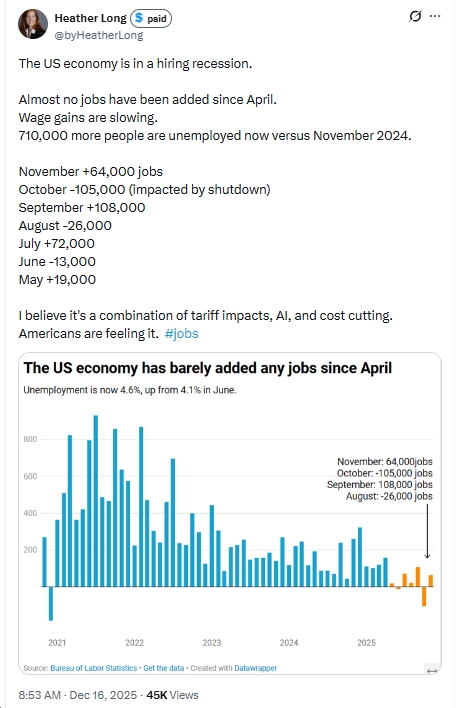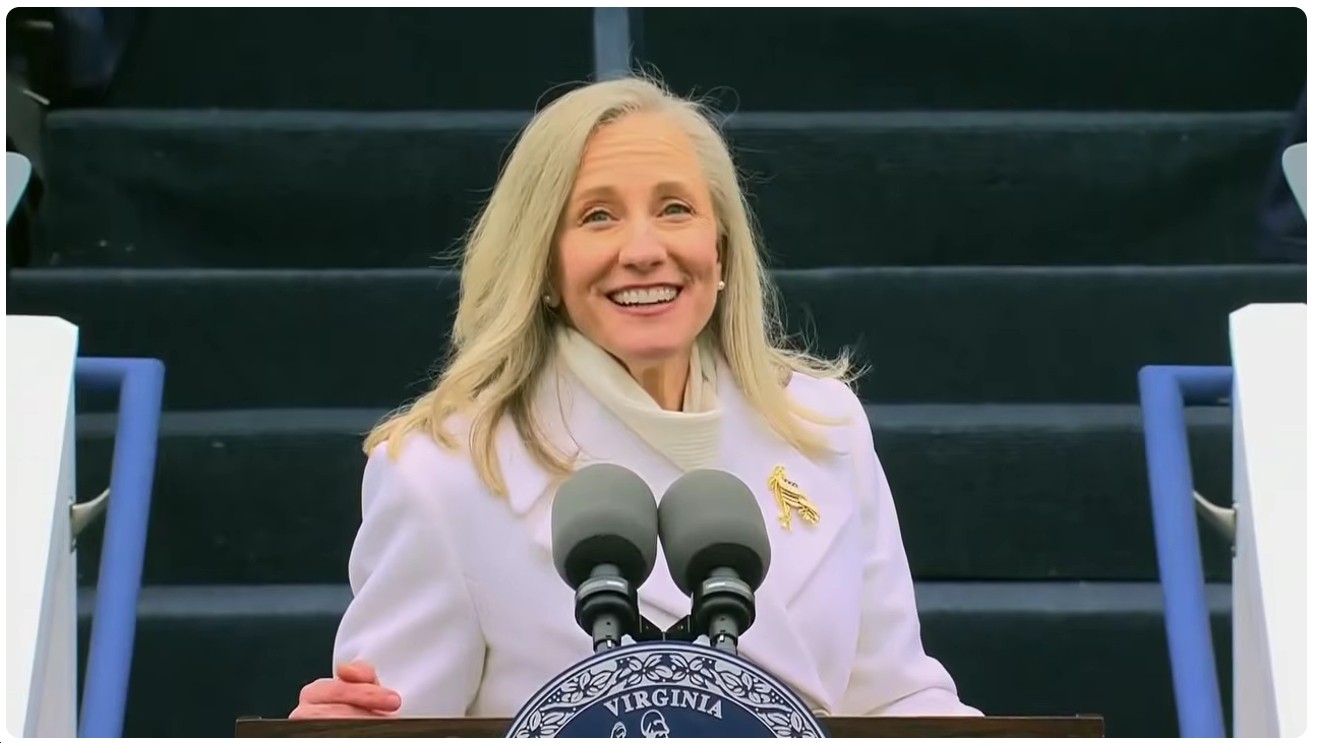Press Release by Concerned Educators of the Commonwealth
RELEASE DATE: For Immediate Release
CONTACT: Concerned Educators of the Commonwealth
WHAT: The Rewrite of Virginia’s Proposed History and Social Science Standards
WHEN: Thursday, November 17th Board of Education Meeting, James Monroe Building, Richmond
The History and Social Science Standards of Learning have always been written as a non-partisan document that values input from all sides of the aisle in a transparent process. During the October 20, 2022 meeting of the Virginia Board of Education, a number of Board Members pushed to have the proposed History and Social Science Standards along with supporting Curriculum Framework documents presented for “first review” at the next meeting. The State Superintendent of Instruction resisted this in favor of further delay. Instead of honoring her promise for only a brief delay to allow new board members appointed by Governor Youngkin time to review the proposed Standards, the links below reveal that the proposed Standards have been completely rewritten at the last moment and replaced. This rewrite was led by Superintendent Balow, the Superintendent’s selected consultant, Ms. Shelia Bryd Carmicheal and staff from the Governor’s office. It is NOT the original draft of proposed standards created in partnership with countless educators, historians, professors, museums, organizations, parents, teachers, and VDOE staff in the process laid out in Virginia Code. As indicated by Item I Memo, Shelia Byrd Carmichael will present the ¨Final Redraft of VA HSS Standards for K – 12. 11.10.22¨ There is no mention of the VDOE History and Social Science staff members who have led this work for the past two years.
- Item I: First Review of the Proposed Revised 2022 History and Social Science Standards of Learning (PDF)
- Item I – Proposed History and Social Science Standards Guiding Principles (PDF)
- Item I – Proposed History and Social Science Standards of Learning (PDF)
- Item I – Presentation (PPT)
In addition to this flawed and undemocratic process, there are several aspects of the rewritten standards that we find to be unacceptable, and we urge the Virginia Board of Education to reject these rewritten standards and not consider them for first review at their upcoming meeting on November 17th, 2022:
- The initial rewrite of the proposed Standards which were made public on November 11, 2022 entirely removed Martin Luther King, Jr. from the elementary curriculum. This selective erasure of one of the most prominent Black men in American history calls into question this entire revision of the proposed Standards. This was partially addressed on November 16th, 2022 with the sudden addition of the “Martin Luther King, Jr. Day” to SOL K.7b. However, the public needs to be aware that this last minute half-measure still removes Martin Luther King, Jr. from the 1st grade and 2nd grade SOLs that have been in place for years. This significant reduction is still unacceptable, and it not only shows how much this process was rushed in isolation with a outside consultant, but it now seems to be a paternalistic attempt to placate and mollify.
2. The rewrite of the proposed Standards removes most of the 2020 technical edits that were made by the recent Commission on African American History Education (click here in order to see what has been removed).
3. The rewrite of the proposed Standards refers to Native Americans and Indigenous Peoples as America’s “first immigrants” in SOL K.2a and b – this strips a historically marginalized group of 10,000 years of human history and their heritage as native and indigenous people who numbered in the tens of millions prior to European contact.
4. The rewrite of the proposed Standards completely removes the African civilization of Mali from the Third Grade standards while Ancient Greece and Rome have been greatly expanded. All of these civilizations should be explored for students to fully understand the world – not just the Western World. This represents another example of erasing people of color from the previous version of the standards while elevating a Eurocentric view of the world.
5. In addition to political bias, the rewrite of the proposed Standards contains several examples of age-inappropriate content that is far too complex for adolescent children. For example, The “Code of Hammurabi” is now listed as required content for First Grade (SOL 1.1c). The Code of Hammurabi not only requires considerable historical context for students to understand Ancient Babylon, but many of the codes are inappropriate as they address topics such as adultery, sex, and capital punishment. The time period, as well as the graphic nature of the content, is highly inappropriate for 1st graders. The inclusion of the Code of Hammurabi may come into conflict with the recently passed legislation that forbids the inclusion of sexually explicit content in curriculum.
- a) The Fertile Crescent, Mesopotamia, and the Tigris and Euphrates Rivers are now required content in SOL 1.1 for First Grade. Students in primary grades have limited context of their own communities and the world around them. Therefore, they need to focus on basic map skills and geographic features such as continents and oceans – not on specific locations that require in-depth knowledge about ancient civilizations. it should be noted that the previous revision version of the Standards placed this content appropriately in secondary courses such as World History I and World Geography that is typically taught in 8th or 9th grade. Asking our youngest learners to learn about “civilization” before they have any context of their own “communities” shows a clear lack of understanding about what is developmentally appropriate in grades K-1.
- b) he Third Grade Standards require students to learn about several historic figures that are far too complex for this grade-level such as “Socrates, Plato, Aristotle, Hippocrates, Alexander the Great, Crassus, Julius Caesar, Mark Antony, Trajan, Hadrian, Marcus Aurelius, Constantine, Odysseus, and Aeneas.” While certainly historically significant, these figures are much more appropriate for secondary courses such as World History I which is typically taught in 8th or 9th grade. Such misunderstanding of elementary education calls into question if the person or persons who drafted these revised standards have any understanding of what is developmentally appropriate for younger learners and if they have any experience in elementary education.
- The rewrite of the proposed Standards is full of grammatical, spelling, and formatting errors. For example, in SOL 2.2c, the famous closing statement of the Declaration of Independence is misspelled where the signers pledged their “lives, fortunes, and scared [sic.] honor” rather than sacred honor. Another simple mistake appears in SOL USI.7c, where the revised Standard states, “students will describe challenges faced by the new nation by….explaining what the Constitutional Conventions was.”
- The rewrite of the proposed Standards is also full of historical errors and inaccuracies. For example, SOL VS.5f requires students to “explain the reasons for the relocation of Virginia’s capital from Jamestown to Williamsburg” as part of the overall standard about the Revolutionary War. However, this makes absolutely no sense given that Virginia’s capital was moved from Williamsburg to Richmond during the Revolutionary War in order to provide greater protection against British attack. A discussion of the move from Jamestown to Williamsburg seems to be a glaring historical error given that Jamestown burned in 1698 and the capital of Virginia was moved to Williamsburg 77 years before the outbreak of the Revolutionary War. The previous version of the proposed Standards did not contain egregious historical errors such as this because they were developed by a team of educators, division leaders, and historians. Another example of historical error appears in SOL VS.6 where Zachary Taylor is incorrectly identified as the most recent President from Virginia. Taylor was Virginia’s 7th President elected in 1848. Woodrow Wilson was Virginia’s 8th President elected in 1912.
- The rewrite of the proposed Standards emphasizes the memorization of content knowledge at the expense of skills and deeper understanding. The level of content knowledge is so extensive that it leaves very little time for critical thinking, inquiry, and project-based learning. For example, SOL CE.1n requires students to learn the “charters of the Virginia Company of London April 10, 1606, May 23, 1609, and March 12, 1612.” Such specific content knowledge in this regard promotes rote memorization and detracts from the larger goal of deeper understanding, skill development, and learning the knowledge and facts by anchoring that content to larger conceptual understandings
- Contributions from the Sikh and the Asian American Pacific Islander (AAPI) community have been greatly limited in this redraft.
- The rewrite of the proposed Standards completely alters the course sequence and will cause major disruptions as divisions struggle to redesign learning materials and resources for courses in grades K-9. If adopted, this mandate would move middle school courses to elementary and high school courses to middle school. This also has the potential to create major staffing issues as teachers will have to change teaching assignments, grade levels, and even schools. The altered sequence of courses negatively impacts students who are already in the middle of a particular course sequence. Publishing companies and education departments have created grade-appropriate materials to accompany the current SOL sequence. Making these drastic changes without allowing time for the creation of high-quality, enriching, age-appropriate supporting documents is disruptive of student learning and compromises Social Studies education.





![Monday News: “Tillis Savages ‘Misinformed’ Trump for ‘Betraying’ Voters”; “Trump’s [Budget] Bill Will Destroy America’s Climate Progress” – and MUCH More!; “What the University of Virginia Should Have Done”; Map of Walkinshaw’s Dominant Victory in VA11](https://bluevirginia.us/wp-content/uploads/2025/06/montage0630.jpg)












